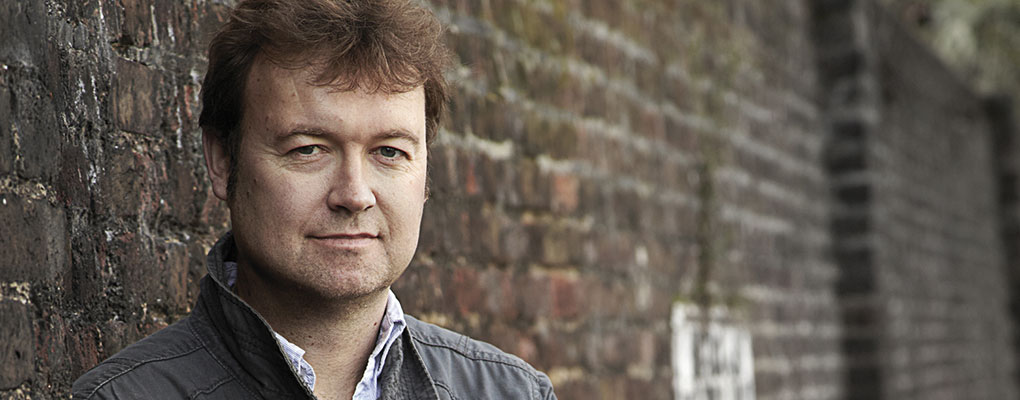Books
Simon Kernick: research, realism and authenticity
Research has always played a big, if understated, role in all my books.
I’m lucky enough to have built up some excellent contacts in various specialist sections of the Met over the last fifteen years, as well as several invaluable military sources as well.
As a general rule, I like to meet informally with contacts, usually over a beer, and usually without any specific set of questions in mind. It’s more just catching up, shooting the breeze, and it’s also an opportunity for me to find out a bit more about what goes on in the shadow world of crime and terrorism – the world that exists right there beside us but which, thankfully, most of us never see. Some of the stories I’ve heard have been real eye-openers. One of my all-time favourites concerned a suspected hitman, who was stalking a potential victim while on day release from prison, while himself being stalked by a police surveillance unit whose lead officer was on the phone trying to convince the prison authorities that one of their prisoners, who it turned out wasn’t even meant to be on day release, was actively planning a murder. So convinced were they that he was still inside the prison, that they didn’t believe the lead officer until he emailed them a photo of their man following his target!
Sadly, I’ve been unable to repeat many of the stories I’ve heard for fear of compromising the officers involved, but what I can say for certain is how much behind the scenes policework there is, in terms of surveillance, and building cases against some very nasty people, that we never hear about.
When I’m writing a book, I want to be authentic in my descriptions of how the police operate, but I’m at pains not be to be too realistic. The reason’s simple. Policework almost never progresses with the kind of pace that my books typically do, with everything wrapped up in a few fraught hours. Instead, it’s a methodical – dare I say, dull – process. For instance, a typical police surveillance unit should contain at least twelve officers, sometimes even more. If you try writing a realistic surveillance scene, as I did in a book I later had to abandon, with multiple points of view, the result is a ponderous mush that even I couldn’t read back through. The same concerns police interviews which, in real life, are often a succession of ‘no comments’ by the suspect, and wouldn’t exactly make for gripping reading.
Where research really does count, however, is when writing major ‘what if’ scenarios, as I did in my book Siege, which tells the story of a terrorist attack on a major London hotel. Before I started writing, I assumed that the police response to such a dramatic event would be like something out of 24, with teams of dedicated cops in a huge hi-tech control room controlling events on the ground. However, when I talked to one senior officer in Counter Terrorism Command, he told me that, although the Met train regularly for just such a scenario, in reality the first couple of hours would be pretty chaotic as officers, acting on sketchy and sometimes conflicting information, battling to get to the scene through gridlocked traffic, while those already on the scene were forced to operate pretty much ‘on the hoof.’ This was where realism really did count, and I worked very hard to capture this sense of confusion, as well as the coming together of the police response as the lines of command, were finally established.
I’ve found that if you ask nicely, and you promise not to quote your sources by name, then people will always talk to you. And what they have to say is occasionally hair-raising, but always interesting.
Long may it continue.
4 Comments
Join the discussion
Please note: Moderation is enabled and may delay your comment being posted. There is no need to resubmit your comment. By posting a comment you are agreeing to the website Terms of Use.



Hi Simon. I really enjoyed your article about research. Im just starting out in my writing career with my first crime thriller nearly completed. As im unpublished im struggling to make the key contacts that you mention ‘re police and military as I have no proven credibility. Any advice at all would be appreciated. Thanks Craig Wrightson
My first introduction to your books, was a special offer when I purchased a Dan Brown book, since then I have read all of them at least once, and can’t wait for the third in the series of the bone field’s.
Keep them coming, thank you
Iv read all your books and enjoyed them all, looking forward to the bone field third instalment. Joe johnson
Have read and enjoyed all of your books, looking forward to more. Thank you.